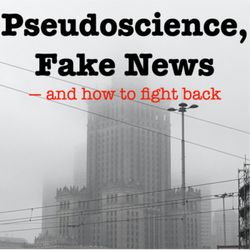Latest episode
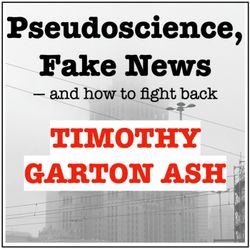
7. Timothy Garton Ash: Poland, Hungary and beyond
47:01||Season 1, Ep. 7Timothy Garton Ash, an international authority on Central Europe and renowned 'historian of the present', joins Robert Pyrah in the closing episode of the series. This is a summative and wide-ranging conversation on the challenge of illiberalism in Poland, Hungary and beyond, covering topics such as the uses and abuses of history, media, the rule of law, culture and the role of the European Union. Professor Garton Ash offers listeners a detailed, nuanced and highly accessible view on the key issues facing the region today. The episode complements a reissue of his classic work, 'The Magic Lantern', which includes an essay reflecting on recent political developments more than 30 years later: https://www.amazon.co.uk/Magic-Lantern-Revolution-Witnessed-Budapest/dp/1838950702/tgabooks-21.
More episodes
View all episodes
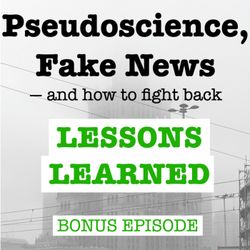
6. ‘Best of’: Lessons Learned
49:16||Season 1, Ep. 6In this bonus episode, we look back at the interviews of the series so far, drawing out headline lessons for citizens, governments or other bodies in Europe and beyond. Section 1 defines the shapes and patterns of illiberalism, via case studies on Central Europe from across the episodes.Section 2 pulls together headline 'lessons' on how to fight back, starting at 32 min.These are: 1. Be alert to emotion trumping fact;2. Make science easier to access;3. Education as illiberal attack / liberal defence;4. Defend free speech;5. Uncover the agenda;6. Be wary of "mission creep";7. Fight fire with light;8. Persuasion vs. coercion.Thank you for listening!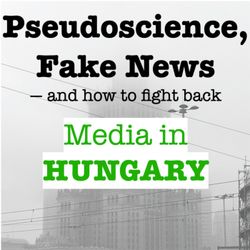
5. 'Fake News', the State and the Media in Hungary (Marius Turda / Mihály Szilágyi-Gál)
34:29||Season 1, Ep. 5Why is "fake news" so popular today? What is the difference between misinformation and disinformation in politics? And how can we describe the increased state control of the media in Orbán's Hungary? These are some of the questions explored in this episode by Professor Marius Turda and his guest Dr Mihály Szilágyi-Gál.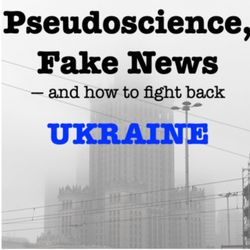
4. Overcoming History? The Growth of Civil Society in Ukraine
41:34||Season 1, Ep. 4Ukraine is often headline news - but remains largely unknown to many in the West. Dr Robert Pyrah is joined by Prof. Jean-Paul Himka (and some insistent birds) in a wide-ranging, sensitive, and highly accessible overview of developments in this large, important young nation on Europe’s eastern border. Late to gain independence (1991), rocked by democratic revolutions, and locked in a 'frozen' conflict with Russia, Ukraine's complex geopolitics belie a dynamic and instructive story. Taking both present-day and Humanist views, we reveal a heterogenous, hopeful picture.Note: the interviewee uses a dialect pronunciation for the city of Lviv ('L'view').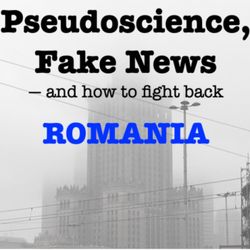
3. Civic Culture in Romania during the Coronavirus pandemic
40:13||Season 1, Ep. 3Has the political balance in Romania deteriorated since the outbreak of the Coronavirus pandemic in 2020? Has it favoured the emergence of aggressive forms of politics – chauvinistic, xenophobic, conspiracist, antivaxxer? In this episode, Professor Marius Turda discusses with Dr Ciprian Mihali the role of civil society in influencing politics in Romania today, while focusing on social equity and democratic participation.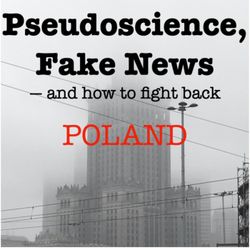
2. Historical obsessions and illiberalism in Poland (Robert Pyrah / Jan Grabowski)
38:07||Season 1, Ep. 2This episode presents Jan Grabowski: both a leading thinker and actor in Poland’s ‘history wars’. Prof. Grabowski (Uni. of Ottawa) has faced legal action in Poland over his research into Holocaust history, but recently won (August 2021) a court case on appeal. We delve into his personal experience and the wider mechanisms behind Poland’s current illiberal drive in a wide-ranging conversation on history, memory and politics with Dr Robert Pyrah.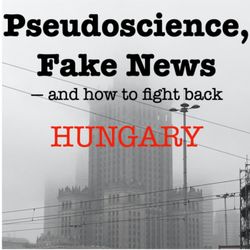
1. Illiberalism in Hungary (Marius Turda with Ferenc Laczó)
37:12||Season 1, Ep. 1In this first episode of the series, Prof Marius Turda (Oxford Brookes University) talks to Dr Ferenc Laczó (Maastricht University) about the many facets of illiberalism in Hungary today, including their historical sources and legitimacy, and current representations of history in the country's public sphere.
